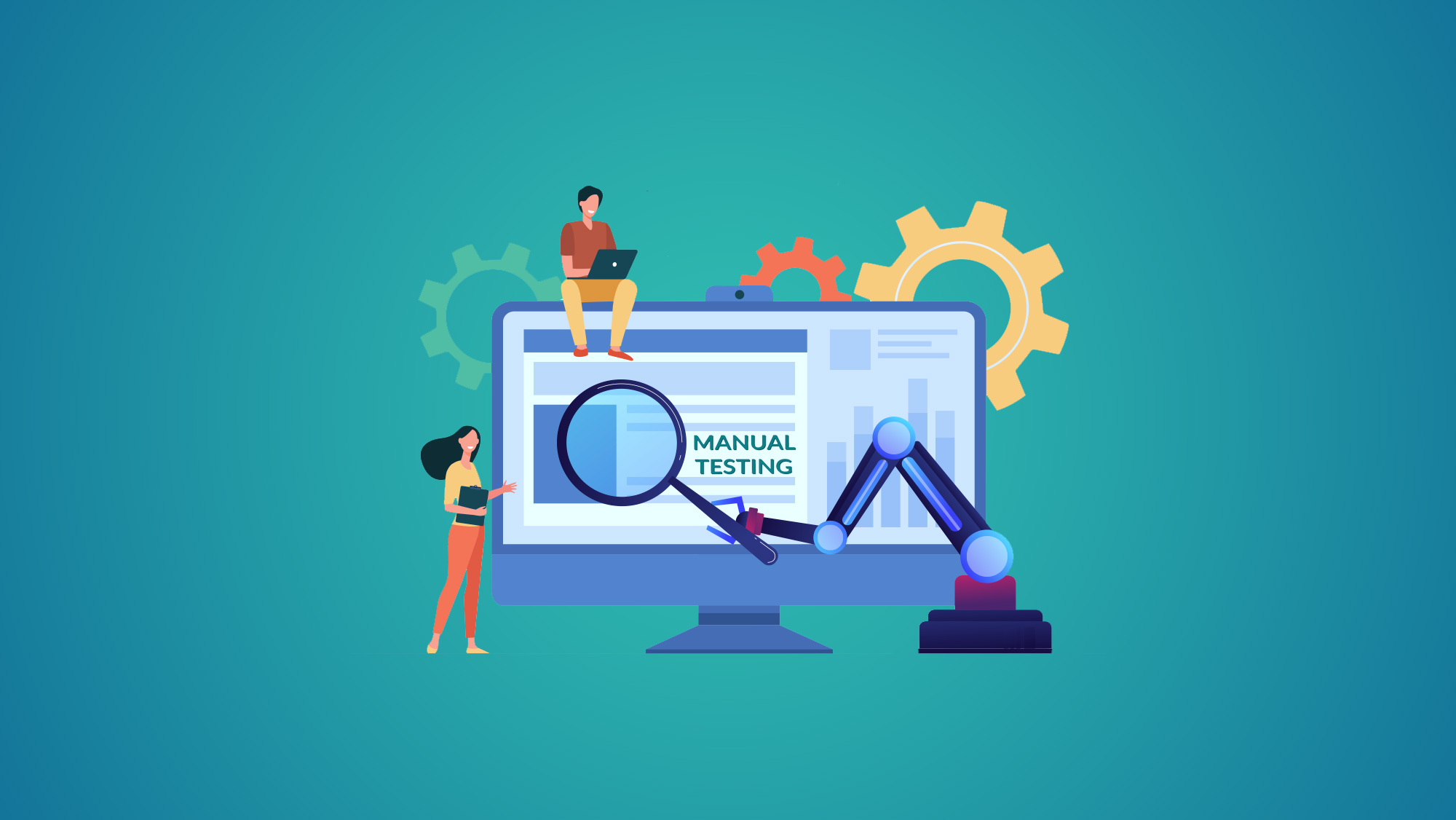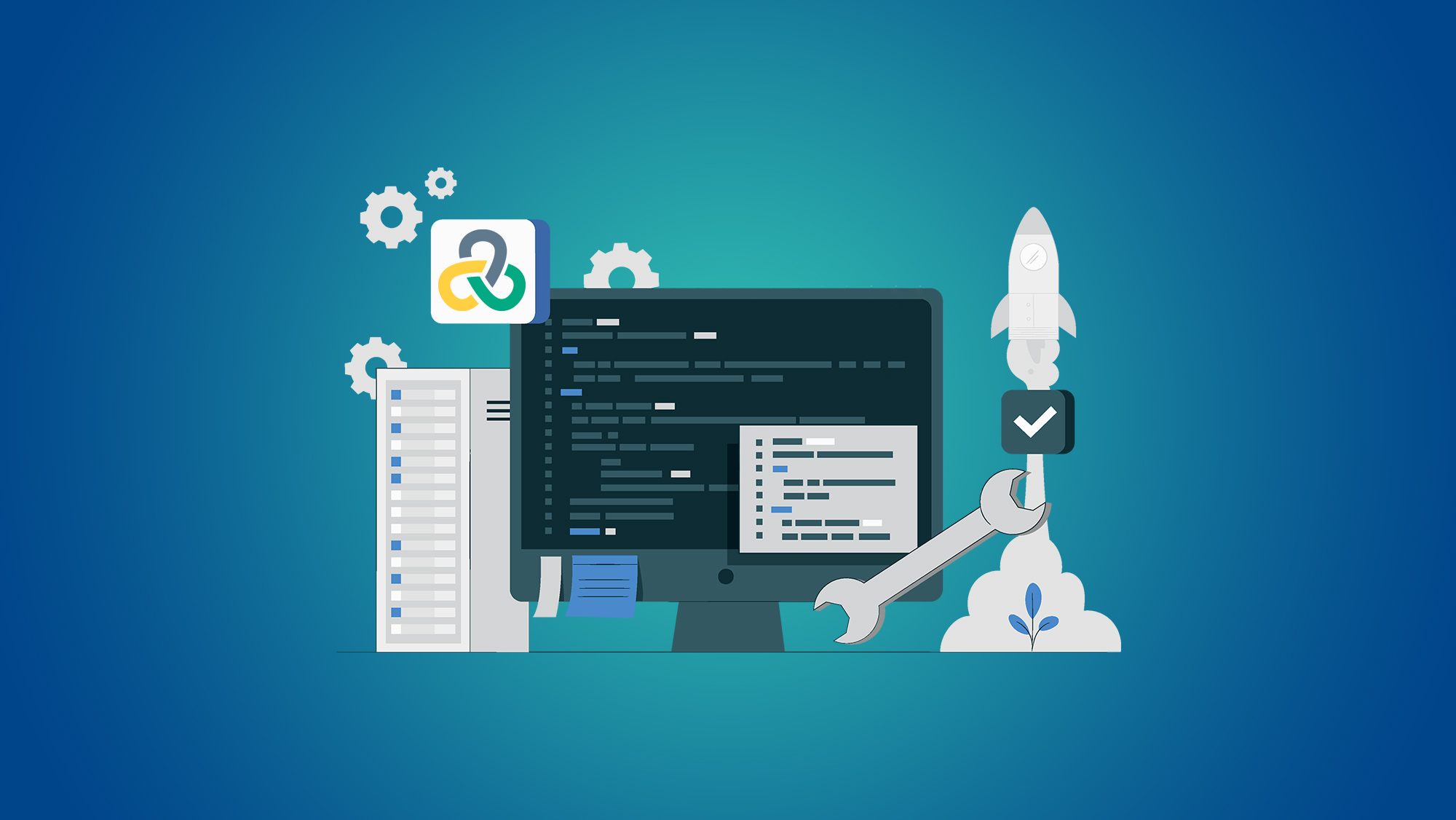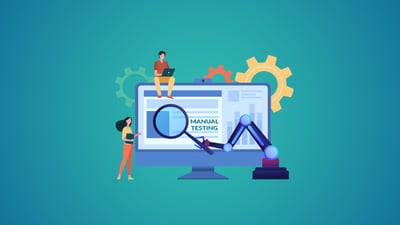Manual Testing Demystified: Building Expertise through Training
Introduction:
Manual testing plays a crucial role in ensuring software quality and user satisfaction. While automated testing has gained popularity, manual testing remains a valuable and necessary practice. In this blog, we will demystify manual testing and explore the importance of building expertise through training. By understanding the principles, techniques, and best practices of manual testing, you can become a skilled tester capable of delivering high-quality software products.
1. Understanding Manual Testing:
Begin by gaining a comprehensive understanding of manual testing. Explore its purpose, benefits, and limitations. Learn about the role of manual testing in the software development lifecycle and its interaction with other testing methodologies. Understand the mindset and skills required to excel in manual testing.
2. Manual Testing Techniques and Strategies:
Delve into various manual testing techniques and strategies. Explore black-box testing, white-box testing, and gray-box testing. Learn how to design effective test cases, execute them diligently, and track defects. Understand the importance of test coverage and risk-based testing to ensure thorough and efficient manual testing.
3. Test Planning and Documentation:
Discover the significance of test planning and documentation in manual testing. Learn how to create test plans, define test objectives, and identify test scenarios. Explore the importance of traceability and test case documentation to ensure repeatability and maintainability of manual test cases.
4. Test Execution and Defect Management:
Master the art of test execution and defect management in manual testing. Learn how to execute test cases meticulously, log defects accurately, and communicate issues effectively. Understand the importance of prioritizing and tracking defects throughout the testing lifecycle. Explore techniques for defect triaging and resolution.
5. Exploratory Testing:
Uncover the power of exploratory testing in manual testing. Learn how to perform structured and ad-hoc exploratory testing sessions to uncover hidden defects. Understand the role of intuition, experience, and domain knowledge in exploratory testing. Explore techniques for capturing and reporting defects discovered during exploratory testing.
6. Usability Testing and User Experience (UX) Evaluation:
Discover the importance of usability testing and UX evaluation in manual testing. Learn how to assess the user-friendliness and intuitiveness of software applications. Explore techniques for evaluating the overall user experience, including navigation, accessibility, responsiveness, and visual design.
7. Regression Testing and Test Maintenance:
Understand the significance of regression testing in manual testing. Learn how to identify areas prone to regression and develop effective regression test suites. Explore techniques for maintaining test cases and ensuring their relevance in an evolving software landscape. Understand the importance of test maintenance for long-term success in manual testing.
8. Tools and Techniques for Manual Testing:
Explore various tools and techniques that can enhance manual testing efficiency and effectiveness. Learn about test management tools, bug tracking systems, and screen capture utilities. Understand how to leverage test automation tools to support manual testing efforts and perform repetitive tasks efficiently.
9. Collaboration and Communication Skills:
Develop strong collaboration and communication skills as a manual tester. Learn how to effectively interact with developers, project managers, and other stakeholders. Understand the importance of clear and concise communication to report defects, provide status updates, and contribute to the overall quality of the software product.
10. Continuous Learning and Professional Growth:
Embrace the mindset of continuous learning and professional growth in manual testing. Explore resources, forums, and communities where you can stay updated with the latest trends, techniques, and tools in the field. Understand the importance of staying curious, seeking feedback, and honing your skills to become an expert manual tester.
Conclusion:
Manual testing is a valuable skill that complements automated testing in ensuring software quality. By demystifying manual testing and building expertise through training, you can become a proficient manual tester capable of delivering high-quality software products. Embrace the principles, techniques, and best practices outlined in this training guide to excel in manual testing and contribute to the success of your software projects.
You May Also Like
These Related Stories

Everything You Need To Know About Manual Testing Training

Everything You Need to Know About LoadRunner Training



No Comments Yet
Let us know what you think